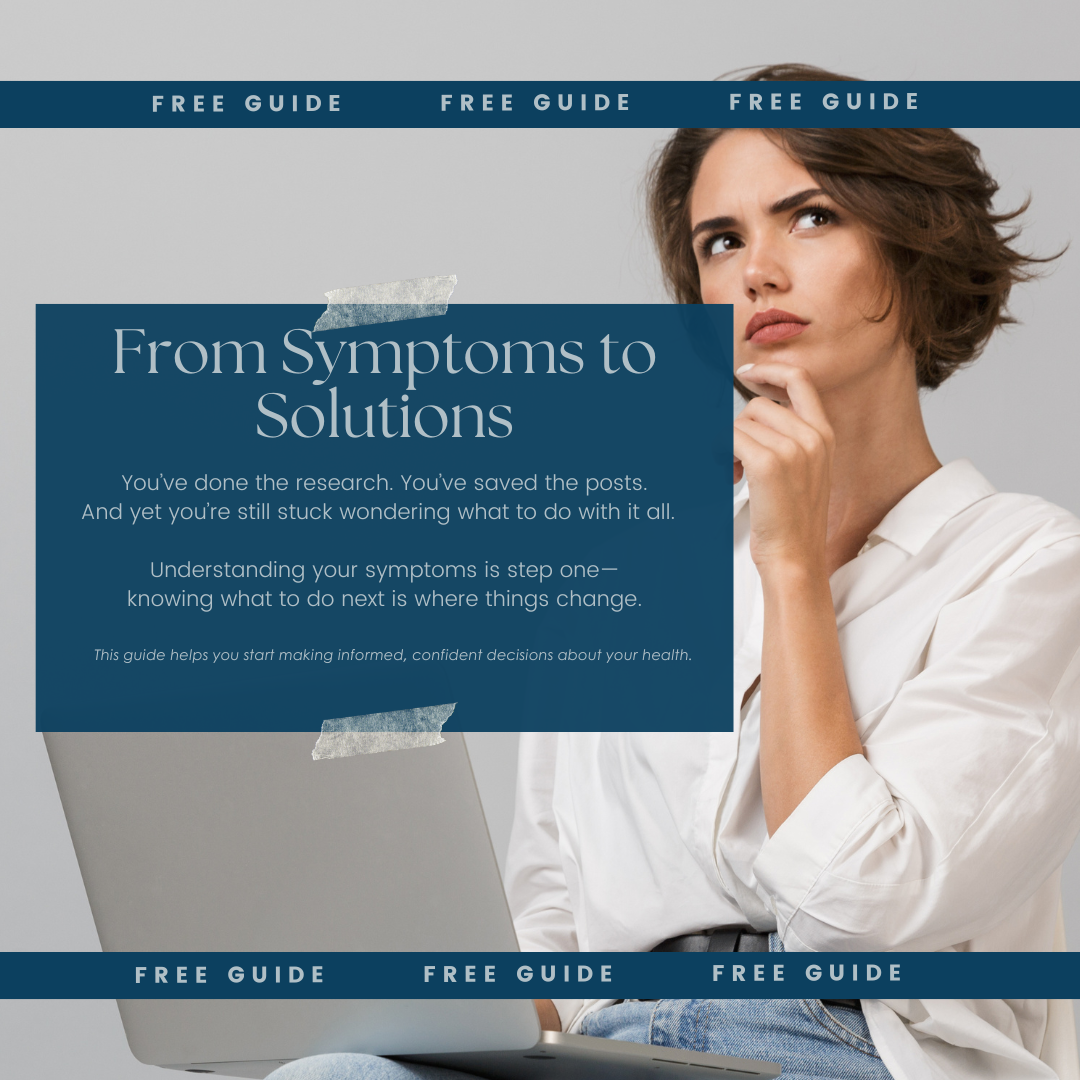Menopause and Diet - My Top 10 Nutrition Tips
Nov 08, 2020
First I want to start off by saying that no two women are going to experience the menopause transition exactly the same. Not mother/daughter or even sisters. Just like anything else - this is YOUR journey! You can share, and learn from one another, but yours is never going to be exactly like anyone else's. And that sis, is totally okay!!
-
A diet based on whole, nutrient-rich foods can help to prevent excess weight gain, which increases the risk for things like insulin resistance, high cholesterol, and high blood pressure.
-
consume at least four servings of vegetables per day, especially dark green leafy vegetables, to help improve your LDL cholesterol levels. (High LDL cholesterol is a significant risk factor for cardiovascular disease)
-
A diet high in antioxidants, (plant foods like berries, beans, dark leafy greens, and dark chocolate) can help decrease or even eliminate menopause symptoms like hot flashes, sleep disturbances, anxiety, brain fog, and fatigue.
-
Choosing nutritious foods can also help minimize inflammation throughout the body, which in turn, can support hormone balance during menopause.
-
Limited (or eliminate) as much as possible highly processed foods (like packaged snacks and cookies). Even though they taste delicious, can contribute to hormonal imbalance and increase risk for depression in postmenopausal women.
-
Avoid excessive sugar and refined carbohydrates, and regularly choosing healthy fats (like unsaturated fats from plant foods)
-
Because hormonal changes during menopause increase a woman’s risk for developing osteoporosis and experiencing bone fractures, consuming an adequate amount of vitamin D and calcium as we age is important for supporting bone strength. Great sources of these nutrients include tofu, sardines, beans, fortified cereals and orange juice, plant-based milks, and green leafy vegetables like kale, collard greens, and spinach. A high intake of fruits and vegetables has been associated with preventing low bone mineral density.
-
Eating a diet rich in plant foods, like fruits, vegetables, whole grains, beans, nuts, and seeds, will also ensure a higher fiber intake. We know that fiber supports digestive health, but it also helps with fullness, reduces the hormone ghrelin (which makes us feel hungry), weight loss and healthy weight maintenance, and reduces risk for chronic diseases like cardiovascular disease, type 2 diabetes, and certain cancers.
-
Fiber is an important nutrient at every age but can be especially beneficial during menopause and the aging process when we are at increased risk for weight gain and developing chronic disease.
-
Caffeine, sugar, alcohol, and spicy foods may trigger hot flashes, night sweats, and insomnia for some women and may best be avoided, especially later in the day or right before bedtime. Choose decaf as much as possible and natural sugars, like fruit, for dessert if you tend to have a sweet tooth.
Whether you’re just starting to dip your toes into the perimenopausal pool, continuing to experience symptoms postmenopause, or simply looking for some guidance on what to expect - I’m here for you!
Stay connected with news and updates!
Join our mailing list to receive the latest news and updates from our team.
Don't worry, your information will not be shared.
We hate SPAM. We will never sell your information, for any reason.


